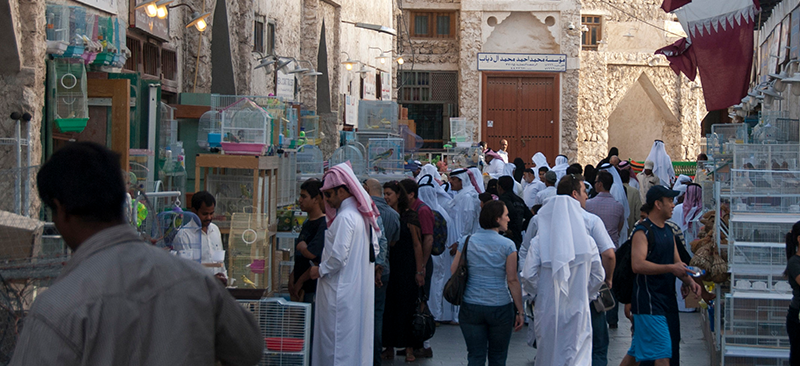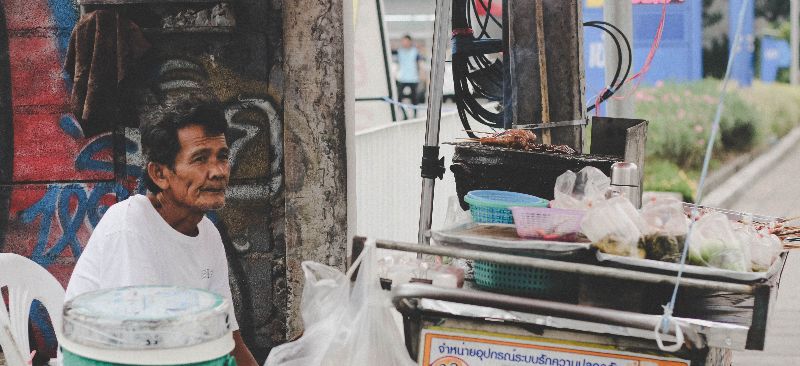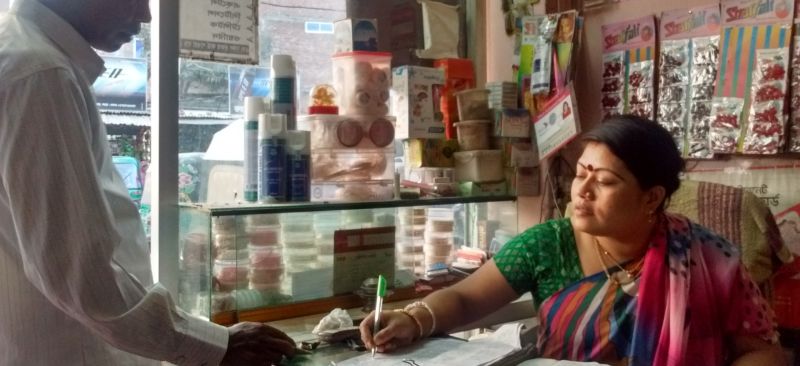MSC’s “Low-Income Lives” is a series of publications that uncovers how the poor manage on small incomes. These insights have emerged from a large body of careful, evidence-based, and in-depth research in selected geographies. The writings provide an opportunity to learn about the lives of the poor as they deal with small incomes, based on solid data from groundbreaking field research.
Research for CARD in the Philippines, and ACSI and Wisdom in Ethiopia
Grameen Foundation enlisted the expertise of MSC on market research and savings product design. The objective of this assignment was to develop savings services for the poor in three institutions in Asia and Africa.
MSC conducted market research and a deposit mobilization review and then supported the development of savings services at all three institutions. We used our signature Market Insights for Innovation and Design (MI4ID) market research approaches to design savings products, branding, and marketing. Our team worked to define processes and assist with risk management protocols and systems, and provided extensive support for pilot testing.
These savings products have been successfully rolled out. At the time of writing, the products reach more than 1 million Ethiopians, while deposits fund ACSIs loan portfolio to fuel ACSI’s growth. CARD Bank has now mobilized USD 179 million from its 2.5 million clients—an amount that funds its loan portfolio completely.
National financial inclusion and financial literacy strategy for Qatar Central Bank
MSC worked with Qatar Central Bank to develop the national financial inclusion and literacy strategy. We conducted a national survey of Qatar’s population to assess the level of financial inclusion and literacy in the country. The survey identified the key gaps in different sectors, such as banking, insurance, and SMEs. We analyzed the supply and demand factors associated with these gaps to develop solutions and recommendations to respond to them. We created an enabling framework that supports banks and financial institutions to increase access to financial services for under-served segments.
Based on this work, MSC drafted the National Financial Inclusion and Literacy Strategy and an implementation program in coordination with the Financial Inclusion Committee of the Qatar Central Bank. The national policy will have a positive impact on about 2.26 million adults in the country.
Advisory support to central banks across Asia and Africa
MSC has worked extensively with central banks of countries across Africa and Asia. We strengthened the regulatory and supervisory framework for microfinance with the Bank of Papua New Guinea (BPNG). We assisted BPNG to establish the Centre for Excellence in Financial Inclusion (CEFI), the apex national institution to coordinate all financial inclusion activities in Papua New Guinea.
In Vietnam, MSC provided technical assistance to the State Bank of Vietnam to improve the legal framework and to strengthen the regulatory and supervisory capacities for the microfinance sector. In the Philippines, we provided technical assistance for Bangko Sentral ng Pilipinas (BSP) to strengthen the capacity of the consumer protection and education committee. Our efforts were to develop, disseminate, and evaluate consumer protection advisories.
We have provided training on agent networks, risks management and the regulation and supervision of digital finance to Bank of Uganda, Nepal Rastra Bank, Bank of Zambia, and many others. We continue to work with Bank Indonesia and Otoritas Jasa Keuangan (OJK) to provide analysis and guidance on the regulations governing digital financial services and agent networks.
Program design for Pacific Financial Inclusion Programme—II
UNDP and UNCDF engaged MSC to conduct a scoping mission with key stakeholders across Pacific Island Countries (PICs) and design the 2014-2018 phase II of the Pacific Financial Inclusion Programme (PFIP). MSC consulted more than 130 stakeholders including government, central banks, private sector players, donors, and international development agencies. The project covered five Pacific island countries—Papua New Guinea, Fiji, Solomon Islands, Samoa, and Vanuatu.
MSC also conducted stakeholder workshops in four of the countries. We then developed the project proposal for PFIP-II. Our engagement allowed UNCDF and UNDP to secure an initial round of funding (over USD 21 million) for the program. The interventions under PFIP phase II have already benefitted more than 500,000 Pacific Islanders, including rural and low-income women, men, youth, and micro-entrepreneurs.
Design of a SHIFT SAARC program in Bangladesh on DFS
MSC carried out a comprehensive assessment of the regulatory framework for digital and mobile financial services in Bangladesh for ‘Shaping Inclusive Finance Transformations’ (SHIFT) SAARC, a UNCDF project.
MSC’s regulatory assessment and subsequent policy brief recommended the following:
- Tiered Know Your Customer (KYC) regulations.
- A DFS steering committee in the Bangladesh Bank.
- The introduction of a regulatory sandbox.
- Revisions to the mobile money and agent banking guidelines.
- Investments in the supervisory structures at the Bangladesh Bank.
Since the review, SHIFT and a2i have been working to introduce eKYC alongside a working committee. Meanwhile, the mobile money and agent banking guidelines have been updated, while there is greater coordination of digital finance policy and regulation within the Bangladesh Bank. At the time of writing, discussions on the regulatory sandbox continue.





